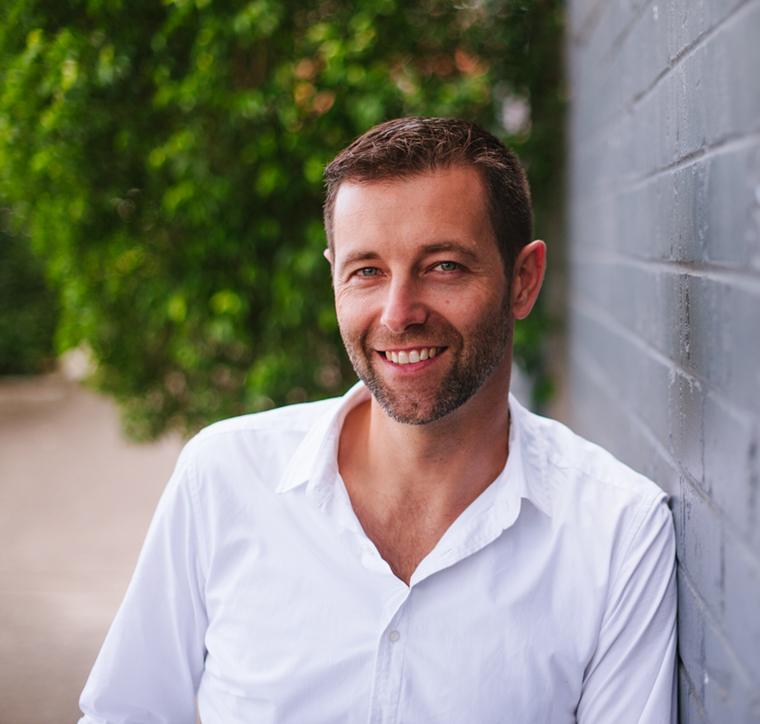Elder-(ly)

Richard Rohr in his wonderful little book Falling Upwards describes our life as having two halves. He says the first half of life is primarily about building the ‘container’ of our life, and dealing with core concerns of identity, security, and survival. This half seeks to answer questions like:
· ‘how do I want people to see me?’
· ‘what makes me significant?’
· ‘how can I support myself?’
· ‘who will do the journey with me?’
But, Rohr and others would contend, we are not meant to become entrenched in our insecurity, narrow attitudes, and the belief that ‘success’ is dying with the most toys.
Rohr would describe the second half of life as concerned with the ‘contents’ of our life and what that contents can bring to bring to our world. It is a life that is becoming increasingly secure, simplified and selfless.
When I think of an elder I don’t picture a nice, quiet, older person who is seen and not heard. No, an elder is a person who is, unlike their body, still growing, serving, seeing and responding with a wisdom that only experience brings.
I picture an elder as a man or woman who is no longer enamoured by the identity building, ladder climbing, dogmatic thinking of their youth. Someone who has woven their falling, failing and suffering into the rich and humble tapestry of their being. They have ceased striving for power and yet seem to carry greater influence. They speak less yet say more at the same time. And, the ones I’ve known seem to carry a distinctive atmosphere of peace that transcends their circumstances and a deep undergirding spirituality and faith in Jesus. My centenarian grandfather who died last year was one such man.
And yet I’m realistic that an elder is not a person without faults and fragilities. We can all be glorious contradictions - free in one area yet stuck in another. And, ageing eventually slows all of us down physically, mentally and socially. By design we all become elder-ly also. But I still want to hold onto the distinction in terminology between elder and elderly because I do feel that the concept of an elder is becoming increasingly lost today … and not everyone is an elder.
Do you have many elders in your life at the moment? I have a hunch there are more elders out there than we think, but perhaps we who are ‘younger’ fail to recognise them. I wonder if in western society there is such a bias toward youth and toward the first half of life experience, that we have lost any expectation for the role our seniors might play. Nor do we create any aspiration in them to find out what it would be like to become an elder in the future, rather than only elderly.
And as a result, we see older people as being elderly and can’t conceive of them being anything else. And sadly, neither can many of them. And yet I’ve had the privilege of knowing (and burying) dozens of brilliant elders. Men and women who in their own understated way, embodied what I’ve described - just without the title. In the past week, I’ve received 2 cards from some of the oldest people in our church. Both filled with affection and prayer for their young minister who sadly has too little time to spend with some of his greatest champions.
I stand at the theoretical mid-point of my life imagining what the second half will bring. Will it be a repeat of the first half or can I grow beyond those first half challenges and aspirations and become something more. My seniors have shown me that the greatest challenges of life will be in the second half where there will be more tears, more tests and more trials than I’ve known to date.
That would be a depressing outlook if not for two things; the life changing hope of the gospel, and the remarkable elders who have shown me that it is possible to navigate the second half well - and make future generations ambitious for the opportunity also.
What kind of a person would you like to grow into?
Want to dig deeper on this topic?
Try Richard Rohr’s Falling Upward – A spirituality for the two halves of life.











